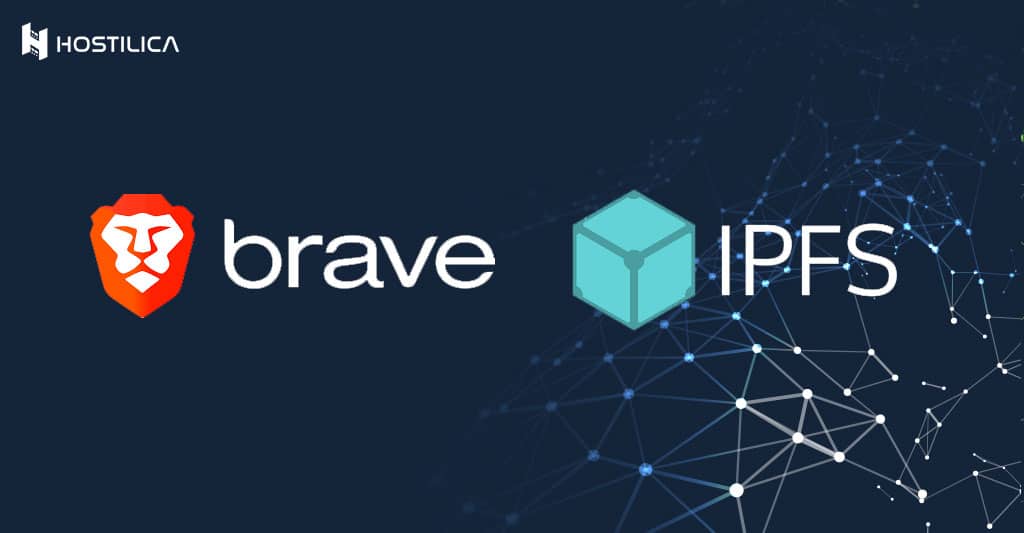Imagine an internet with literal freedom of content where governments can never take any content off the internet or ban any website.
Well, that’s exactly what the IPFS protocol promises. IPFS utilizes a decentralized file-sharing system that uses peer-to-peer networks instead of relying on a centralized network like the HTTP protocol. But before we explain what exactly is IPFS and how it works, we need to explain the HTTP protocol.
HTTP and HTTPS protocols
Short for HyperText Transfer Protocol is the protocol that currently powers the internet and most websites that you visit and use. After you enter a website URL in your browser, your browser sends an http request which (if the server accepts) fetches the files required to build the web page you requested. HTTPS is the same as HTTP but adds a layer of security. You can learn more about both here
IPFS
Short for InterPlanetary File System, which is a relatively new protocol first released in 2015. IPFS is a peer-to-peer distributed file system that utilizes multiple nodes simultaneously to download the data instead of a centralized server, making it possible to distribute high volumes of data without duplication, which will save data usage.
And as we mentioned above, content censorship will be way too hard to do since the content won’t be available on a single or a range of IPs, so it’s almost impossible to block websites.
As stated on their website IPFS directly challenges the HTTP protocol and is trying to be the new default protocol; however, taking the HTTP is a big challenge to take since it’s been the industry standard for decades and especially hard for IPFS because of limited browser support.
Browser support
Currently, the only browser that supports IPFS protocol natively is Brave browser. Brave always supports privacy, and they firmly believe that IPFS will address a lot of the current internet issues, and they even let you host an IPFS node yourself.
While Brave is a decent browser and a growing player in the market, its support isn’t enough for IPFS to achieve its goals. For IPFS to achieve their goals, they would need full native support from Chrome which has over 1 billion users. Unfortunately, IPFS isn’t natively supported in Chrome; however, IPFS already released a browser extension for it.
Conclusion
The IPFS protocol is fighting for a good cause, but we don’t think that it will ever replace the HTTP and HTTPS protocols because they would literally need support from everyone in the community and the developers and they would also be fighting against industries built on the HTTP protocol head on



